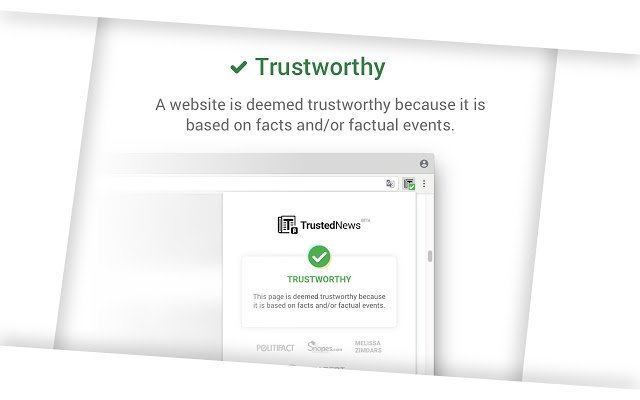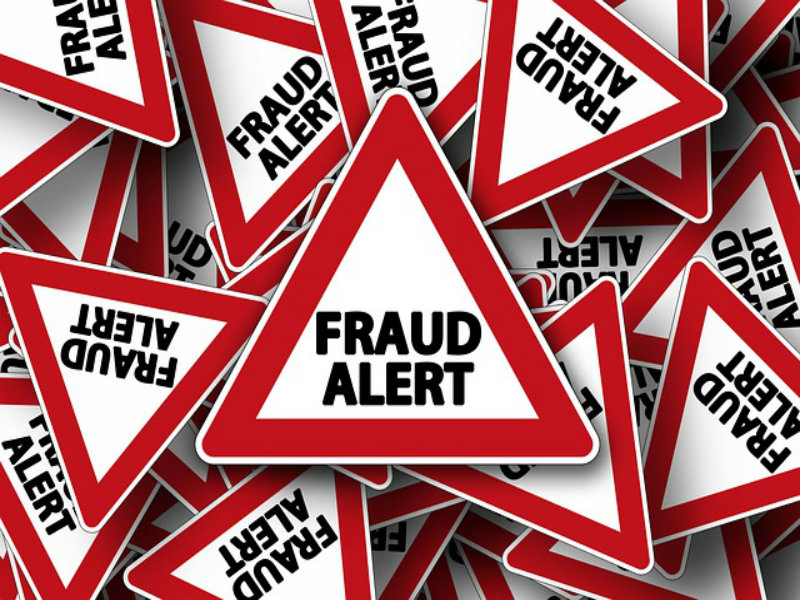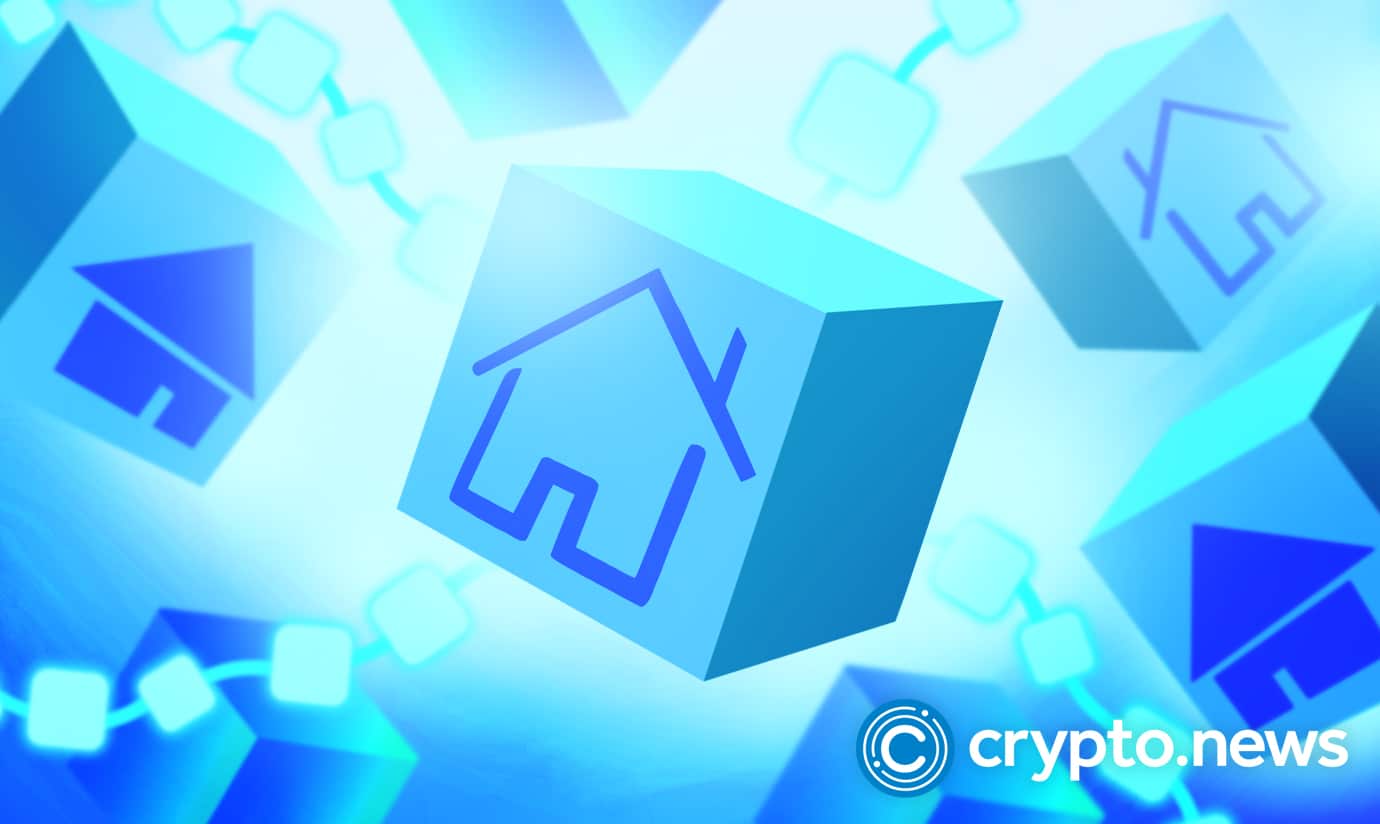2018-12-13 20:42 |
Why Blockchain Internet?
The internet is approaching its thirtieth birthday, or thereabouts. We’ve come a long way since those early days of floppy discs and dial-up modems. Some would question that while the technology has improved significantly, the democracy of it has not. We humans have this little problem called hierarchies of control. That’s probably why governments, banks, and institutions play such a big role in our lives.
The internet is no different, as that issue seems to have also crossed over into the digital realm. Popular services like Google, Facebook, and Twitter to name a few are directing much of our information consumption and data storage these days. In the ’90s there was a lot more peer-to-peer information sharing going on. The dynamics have changed. What was initially built as a decentralized scientific sharing network has more or less morphed into a giant marketing tool for a few big players.
GatekeepersBlockchain internet advocates argue that much of the information we access or store on the modern internet is controlled by gatekeepers. In some cases, their presence is subtle and in others rather dramatic. Either way, it’s somewhat questionable whether these keepers hold our best interests at heart. They are, after all, accountable first to their stakeholders/governors. Let’s take a look at a few examples.
The Domain Name SystemThe Internet Corporation for Assigned Names and Numbers (ICANN) is a nonprofit organization based in California. It was initially formed to help the US government manage the early infrastructure of the internet. ICANN oversees the Domain Name System (DNS), which, in simple terms, translates the numbers identifying servers around the world into a more readable format like https://coincentral.com instead of something like http://104.31.67.109.
While ICANN provides a much-needed service, it also suffers from the same problems as large tech giants like Microsoft and IBM: centralization. US policy heavily influences ICANN and, even though it doesn’t regulate web content, it can censor domain names. The nonprofit has controversially maintained a six-year ban on .islam and .halal domain names. This is despite advice otherwise from its own oversight committee. For the most part, ICANN has promoted the free speech ideals of the internet since its inception in 1998. These recent events, however, call into question the real democratic future of DNS on a global stage.
Government CensorshipIf that was troubling then we only need to look across the Pacific to the heavy internet censorship found in much of Asia. In China, the government maintains strict controls over what content can be seen and who can be criticized. Internet communities aptly call it the “Great Firewall of China.” As observed below, internet censorship mostly affects countries in the East, but even countries such as the UK and US, long held as pillars of freedom, are seeing increased issues with censorship.
SearchWorldwide sharing of information is a tricky business. Search engines have become a ubiquitous way for people everywhere to find their favorite content. Latest estimates show that Google has captured 90 percent of the market share in this space. While it clearly provides a valuable service, it also wields a lot of power. Though many of us don’t question this, a one search engine to rule them all approach is probably not the best way to serve impartial content.
SocialThe same can be said of social media. It’s doubtful that Mark Zuckerberg knew the full impact of his platform when he began building it in 2005. Connecting with others at a central meeting point online is not really the problem, storing our data there is. Hidden among hours of privacy statements that nobody ever reads lies the right of companies to use our data in any way they wish. Even Mr. Zuckerberg would probably admit that his pet project has deviated from its initial intentions.
In Facebook’s case, there’s the added element of identity management, since many websites use Facebook profiling to identify their users. What’s more, users face the very real possibility of losing valuable data. Though not recommended, many users post photos and create content on Facebook that isn’t backed up anywhere else. By now, it should be clear that distributed systems have some real advantages.
Some Blockchain Internet Solutions ZeroNetTamas Kocsis is the creator of ZeroNet, a peer-to-peer website hosting solution. Zeronet removes traditional centralized hosting servers by allowing users to host their websites on other users’ machines worldwide. Sounds great but what prevents others from vandalizing your site? Bitcoin cryptography of course!
As long as you hold on to your private keys, your website remains secure. Only you can add, edit, and update content in the usual way. In addition, it’s also more robust. If one server/node goes down there are others to keep it running. Kocsis goes on to explain some of the challenges we face today as censorship encroaches on our personal freedoms:
Graphite DocsGraphite docs is a decentralized document authoring solution similar to Google Docs. The difference? Google ultimately uses every piece of data you input for marketing purposes, whether it’s through search, docs, or maps. Data breaches are common these days, and large storage companies are quickly losing credibility as a safe way to independently manage user data.
With Graphite docs, the application distributes and secures your data with the same cryptography mentioned earlier. Only you, however, can access it. You still retain full control over your data at all times, from anywhere you happen to be on the planet.
Final Thoughts: Blockchain InternetThese are just some of the cases where decentralized cryptocurrency architecture is changing the nature of the internet. If you’ve used something like Graphite Docs or ZeroNet you will know that the process is still a bit technical and clumsy. This speaks to the development of the industry as a whole right now.
Just like the early days of the internet, the base layers of blockchain are currently being built out. Once developers iron out the kinks, we should see user interfaces appear that provide users with a more seamless interaction. Though, that doesn’t mean by any stretch of the imagination that the current technology is going away.
What are your thoughts? Are there any interesting applications you’re using to interact within the decentralized web? Be sure to tweet us how you’re playing your part in the blockchain internet future.
The post Blockchain Internet: Unchaining the Web appeared first on CoinCentral.
origin »Bitcoin price in Telegram @btc_price_every_hour
Advanced Internet Blocks (AIB) на Currencies.ru
|
|




















